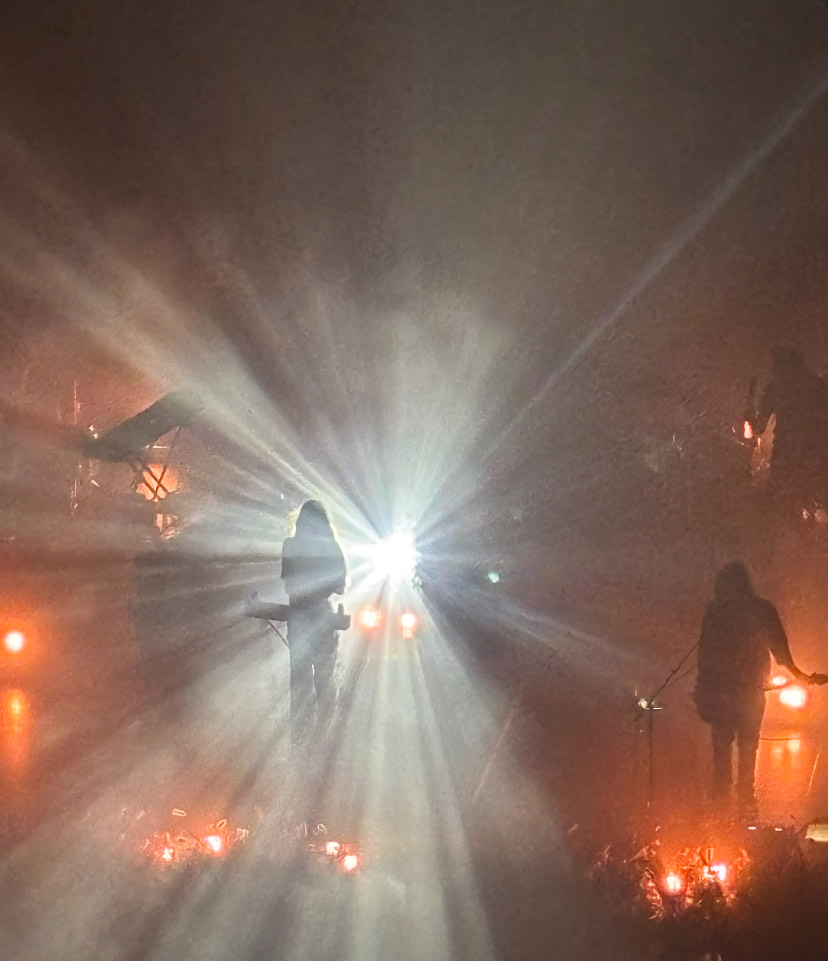
On Thursday, Sept. 6, a group of locals gathered at Common Good Books to listen to Marisha Pessl read from her recently released second novel, Night Film. Listening to Pessl read the first several pages to a rapt audience was like being plopped into a film noir, so over-the-top that, as Slate put it, “You might want to roll your eyes, but they’ll be glued to the page.”
Pessl’s theater background was evident, both in the way she read from the book and in the character development of her writing. Her voice, warm and cheery as she introduced herself, deepened as she dove into her novel, enunciating every word to a point and adding dramatic cues. The main character, Scott McGrath, is a journalist recovering from a scandal that tainted his career. He is a typical “detective” type: brooding, restless, with a hint of self-deprecation. “Maybe shouldn’t have drunk that fourth scotch—or was it a fifth?” he wonders as he jogs through Central Park at 2 a.m.
Despite the dramatization, it is her ability to inhabit her characters, not the mystery itself, that makes Pessl such a captivating writer. Her first published novel, Special Topics in Calamity Physics, relies on a narrator who is so, as Pessl puts it, “hyper-literate,” that being inside her head is like being immersed in an encyclopedia. Pessl admits that writing Special Topics required many Excel spreadsheets and other types of “scaffolding” to turn it from outline to draft. To recommend it as “a mystery” seems misleading. To recommend the book for its intricate detail and character construction, which build a world that seems only one small step away from our own, feels much more genuine.
Night Film, on the other hand, is, in every sense, a mystery novel. The main character fits neatly into the detective archetype. It is Pessl’s approach to the story, rather than the story itself, which is truly intriguing. Unlike with Special Topics, Pessl described her writing process for Night Film as more organic.
“Deeply hidden truths within the book came out of the process of me accepting that I did not know everything that would happen,” she said after her reading. Rather than mapping out the book, she began gathering perspectives of characters whenever she felt inspired to inhabit them, archival materials (online forums about witchcraft, old newspaper articles with similar themes to the story) and other types of “voyeuristic material.”
The broader goal was, like in Special Topics, to create a world with a subculture that is only slightly removed from what we know, and yet completely different. Pessl told the audience about her wish to “return a little mystery to our lives” in the wake of social media, which she said makes almost every aspect of our lives public and held to uniform standards. “I loved finding inspiration from the pure chaos around me,” she said.
Night Film by Marisha Pessl is available in hard cover and paperback at bookstores and online.







Alan Hart • Sep 6, 2019 at 11:28 pm
My brother suggested I may like this website. He was once entirely right. This post actually made my day. You can not consider just how much time I had spent for this info! Thank you!